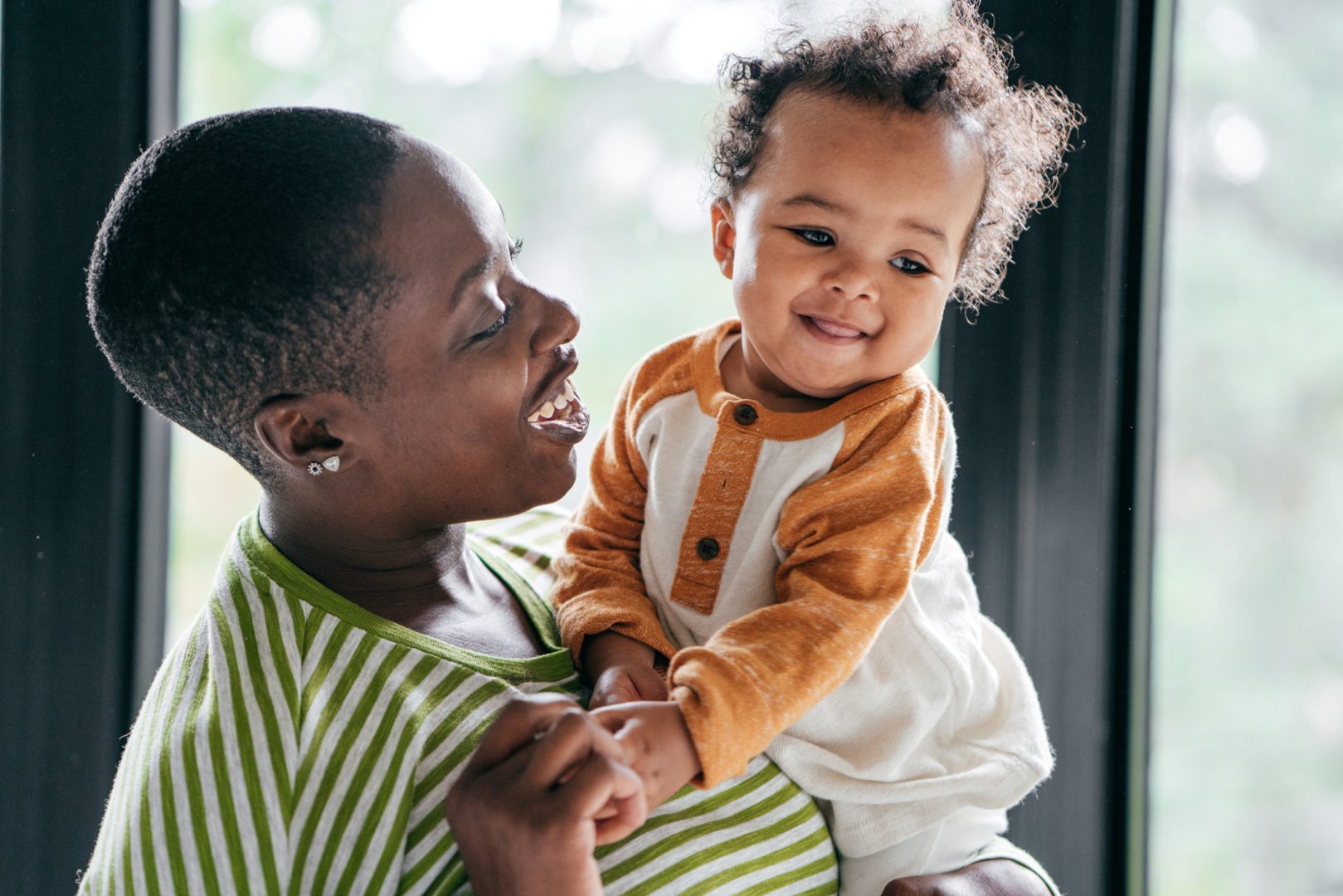When your newborn is lying peacefully in their bassinet, it’s hard to imagine that you — or your babysitter — may ever need to take this child to the emergency room for a broken finger, an acute asthma attack, an injury from a car accident or other crisis or injury. But just in case the unwished-for crisis occurs, you want to make sure you and your sitters are prepared for it. That means consolidating all of the important emergency contacts and must-know information in a simple list that can be kept handy on their phone and on your fridge at home.
Does your babysitter know what to do and who to call in an emergency? We’ve pulled together a list of the 12 most important pieces of information your sitter will need to have in the event that your child (or your babysitter) has a medical emergency.
Key information to leave for a babysitter
1. When to call 911
Always make it clear to your babysitter that it’s OK for them to call 911 if they think it’s an emergency and even if they’re not sure. Make sure your sitter knows it’s always better to overreact than to underreact, and remind them they can call 911 from your home, as well as from the park, the pool or anyplace away from your home. It can also help to talk through a few scenarios upfront and let them ask you questions about when to call 911.
2. Your child’s full name
It’s important that it is spelled correctly. (Your babysitter may know your child’s nicknames, but correct, full names are on health insurance cards.)
3. Your home address, ZIP code and phone numbers
In the case of an emergency at home, no one wants to have to run outside and check the house numbers. And if parents live at separate homes, it’s a good idea to list both addresses.
4. Parents’ contact information
This includes work and cell phone numbers, name of employers, work addresses and hours they will normally be there.
5. Your child’s pediatrician’s name and phone number
You’ll also need contact information for any specialists your children see, along with a notation on what their specialties are.
6. Your child’s dentist’s/orthodontist’s names and phone number
Dental mishaps and emergencies happen more than we like to think.
Read more:
7. Any drug/food allergies your child has
Of course, make sure to go over any allergies verbally with your sitter as well.
8. Any medical conditions your child has/any medications they take
This includes any warning or danger signs and symptoms for each of those conditions. For example, will your sitter know how to identify an asthma attack? Be sure you tell them how to recognize it, how to help with the inhaler and when to call 911.
9. Your child’s health insurance policy number, the subscriber’s name and the address and phone number of the insurance company
There’s usually an 800 number or member service number listed on the back of the insurance card. Some insurance companies will allow you to order duplicate cards, which can be extremely useful for your babysitter. This is often the very first item asked for in the emergency room.
10. Names and contact information for any family/friends to call for help
This is just in case the parents can’t be reached.
11. Neighbors’ phone numbers
It can be a good idea to leave your sitter the phone number for a trusted, nearby neighbor, in case of an emergency. An extra adult can really help in a high-pressure situation.
12. Your child’s cell phone number
If you have other kids who may be at school or other activities, include their mobile phone numbers, if any, as well as an emergency contact number of a friend or family member who can help out or pick up other kids in case of an emergency. It’s worth taking the time to tell your kids what will happen if there is an emergency with one of their siblings and which family member or friend they can expect to pick them up or stay with them if necessary.
Put all this info in a single list, and keep a copy on your refrigerator and make sure every babysitter has one of their own, too. If there’s an emergency while you’re away, this handy list will be there to tell sitters what to do and who to call.






